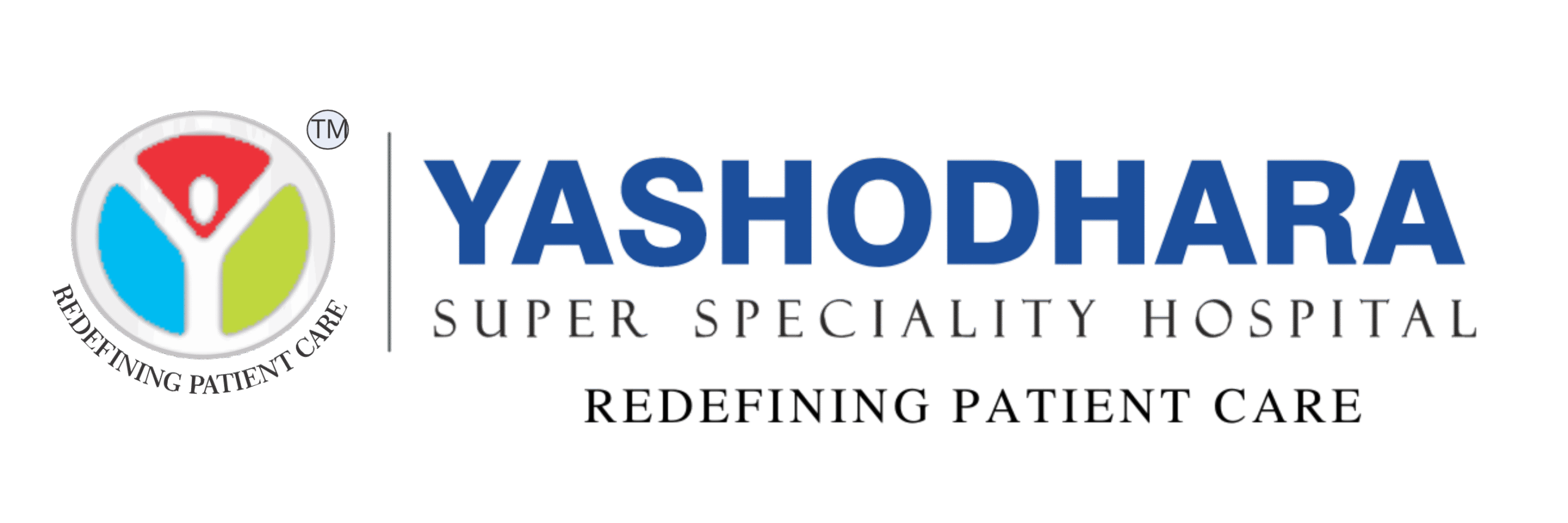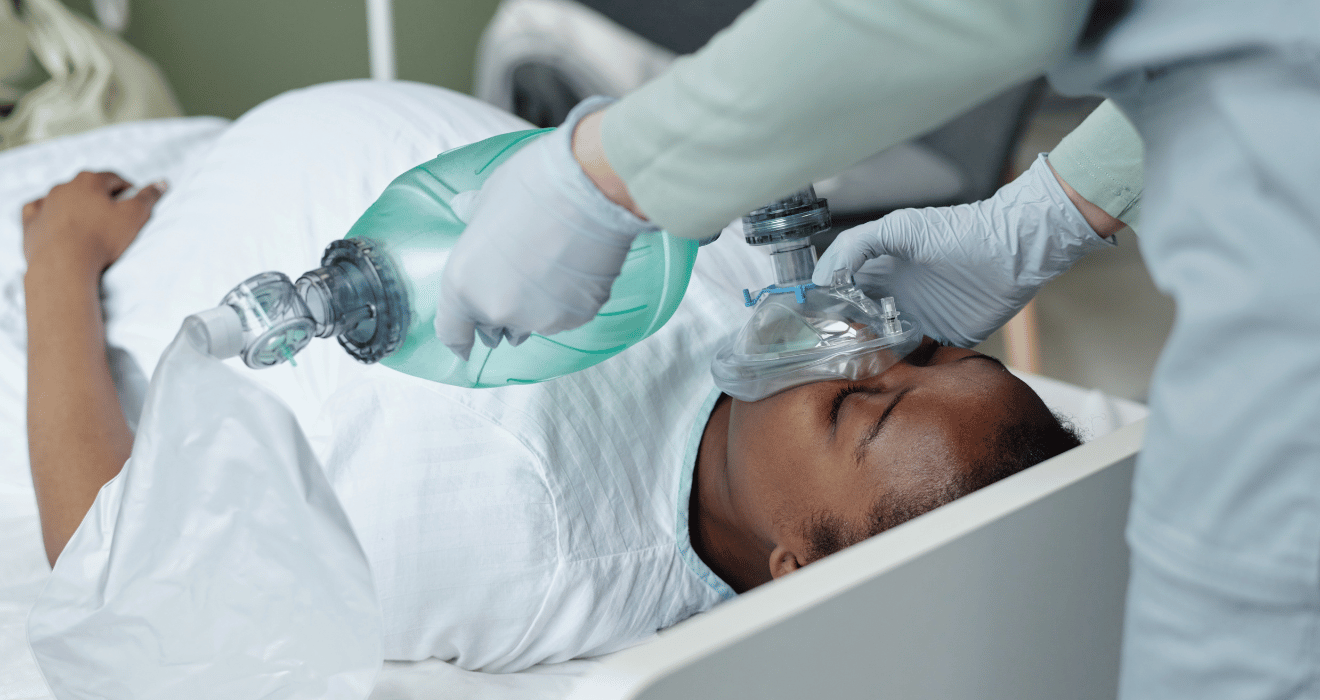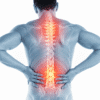When to Visit the Emergency Room
Introduction: Why Recognizing Emergencies Early Saves Lives
Medical emergencies can strike at any time — a sudden chest pain, breathlessness, a fall, or a fainting spell. In such moments, timely recognition and quick action can make the difference between life and death.
Every year, thousands of lives are lost in India simply because people fail to identify the warning signs of serious medical conditions or delay visiting an emergency room. Often, patients hope that the discomfort will go away on its own — but when it comes to emergencies, every second counts.
At Yashodhara Super Speciality Hospital, Solapur, we have seen how early recognition and prompt intervention have saved countless patients from severe complications. Understanding when to visit the Emergency Room (ER) is not just important — it’s life-saving.
Understanding What Constitutes a Medical Emergency
A medical emergency is any sudden illness or injury that poses an immediate risk to your health or life and needs urgent medical attention. These are situations where delaying treatment could lead to long-term damage or even death.
If you ever find yourself asking, “Should I go to the hospital now, or can it wait?”, remember this simple rule:
“When in doubt, always choose safety. Visit the Emergency Room immediately.”
Common Emergency Signs You Should Never Ignore
Here are some of the most common symptoms that require immediate medical attention. If you or someone around you experiences any of these, rush to the nearest emergency department — do not wait for symptoms to subside.
1. Chest Pain or Pressure
Chest pain is one of the most serious warning signs of a heart attack (myocardial infarction). It can feel like:
- Tightness, squeezing, or heaviness in the chest
- Pain radiating to the arm, neck, back, or jaw
- Accompanied by sweating, nausea, or breathlessness
Ignoring these signs can be fatal. In Solapur, many patients arrive too late because they underestimate their chest discomfort. Remember — heart attacks can be silent or mild at first, but quick action during the Golden Hour can save your life.
2. Sudden Weakness, Numbness, or Slurred Speech (Possible Stroke)
If a person suddenly develops:
- Weakness on one side of the body
- Drooping of one side of the face
- Difficulty speaking or understanding words
- Loss of balance or vision
These could be symptoms of a stroke.
A stroke occurs when blood supply to the brain is interrupted, leading to potential brain damage. Immediate treatment within the first few hours can restore blood flow and prevent permanent disability.
⏱️ Tip: Use the FAST test — Face drooping, Arm weakness, Speech difficulty, Time to call emergency help.
3. Breathing Difficulty
Shortness of breath or labored breathing can indicate conditions such as:
- Asthma or COPD attack
- Heart failure
- Pulmonary embolism
- Pneumonia or COVID-related complications
- Allergic reaction (anaphylaxis)
Breathing difficulty is one of the most common reasons patients rush to Yashodhara Hospital’s Emergency Department. Our critical care team is equipped to provide immediate oxygen therapy, nebulization, or ventilator support depending on the severity.
4. Head Injury or Loss of Consciousness
A fall, road accident, or even a minor head bump can lead to brain injury or internal bleeding. Symptoms may appear hours later — headache, vomiting, confusion, or drowsiness.
Never ignore these signs. Patients with head trauma must be evaluated through CT or MRI scans and monitored in an ICU setting for at least 24 hours.
Our Neuro-Critical Care Unit at Yashodhara Hospital, led by experienced neurosurgeons and intensivists, specializes in the rapid management of head injuries.
5. Severe Dehydration or Uncontrolled Diabetes
In Solapur’s hot climate, dehydration is common, especially among the elderly or diabetic patients.
Signs include:
- Dizziness or fainting
- Rapid heartbeat
- Low blood pressure
- Confusion or dry tongue
Patients with diabetes may develop Diabetic Ketoacidosis (DKA) — a potentially life-threatening condition. Quick fluid and insulin management in the ICU can prevent severe complications.
6. Severe Bleeding, Burns, or Fractures
Any accident causing uncontrolled bleeding, deep burns, or broken bones needs immediate attention.
Yashodhara Hospital’s Trauma and Emergency Team ensures 24×7 readiness with rapid triage, surgical intervention, and blood bank support.
7. Emergency Conditions in Children and Newborns
Children can deteriorate quickly. Bring them to the emergency if they have:
- High fever with seizures
- Persistent vomiting or diarrhea
- Difficulty breathing or bluish lips
- Unresponsiveness or lethargy
Our Pediatric & Neonatal ICU (NICU) offers round-the-clock care for critical infants and children, with ventilators and incubators managed by pediatric intensivists.
The Golden Hour: Why Every Minute Matters
The Golden Hour is the first 60 minutes after the onset of a medical emergency — especially in trauma, stroke, and cardiac arrest.
During this crucial period, timely medical intervention can:
- Prevent irreversible organ damage
- Improve survival chances by up to 80–90%
- Reduce long-term disability
At Yashodhara Super Speciality Hospital, we are committed to acting within the Golden Hour.
Our emergency department is linked directly with:
- 24×7 ambulance support equipped with monitors and oxygen
- ICU and Operation Theatre on standby
- In-house diagnostic lab and imaging (CT, MRI, X-Ray, Ultrasound)
From the moment a patient arrives, our triage nurses, emergency physicians, and intensivists work in perfect coordination to provide immediate stabilization.
Yashodhara Hospital’s ICU & Critical Care Excellence
When emergencies escalate into critical conditions, expert ICU care becomes the key to survival.
Our Department of Critical Care Medicine at Unit 2, Solapur, is recognized as one of the most advanced in Western Maharashtra.
🩺 Key Features of the ICU:
- 24×7 On-Site Intensivists:
Experienced doctors like Dr Vinod Ban (Chief Intensivist), Dr Omkar Kale, Dr Veeresh Balkal, and Dr Avinash Atkare lead the critical care team. - Advanced Life-Support Systems:
State-of-the-art ventilators, defibrillators, and invasive monitoring devices. - Infection-Controlled Modular ICUs:
Separate cubicles and isolation rooms with HEPA filters ensure patient safety. - Multidisciplinary Approach:
Collaboration between cardiologists, nephrologists, surgeons, neurologists, and nurses for holistic care. - Continuous Monitoring:
24×7 surveillance through central monitoring units for vital signs and oxygen saturation. - Dialysis and Post-Transplant Care:
On-bed dialysis for critically ill kidney patients and specialized post-transplant support.
Our Emergency Department seamlessly coordinates with the ICU to ensure no time is lost between diagnosis and treatment.
Real-Life Case Example (Anonymized)
A 45-year-old man from Solapur was brought to Yashodhara Super Speciality Hospital, Unit 2, after collapsing at home with severe chest pain and breathlessness. His family initially thought it was acidity and delayed coming to the hospital by nearly 30 minutes.
Upon arrival, our emergency team immediately performed an ECG — revealing a massive heart attack. Within minutes, he was shifted to the Cath Lab and underwent an emergency angioplasty procedure.
He was later monitored in the ICU for 48 hours under the care of Dr Pritesh Pawar (Consultant Cardiologist) and Dr Vinod Ban (Chief Intensivist). The patient recovered well and was discharged within five days.
This case shows the life-saving importance of reaching the hospital within the Golden Hour.
How Yashodhara Ensures Rapid Emergency Response
- Dedicated Emergency Helpline:
📞 Call 9096662523 anytime — day or night. - Fully Equipped Ambulances:
Ambulances with oxygen cylinders, cardiac monitors, and trained paramedics are available 24×7. - Triage-Based Admission:
Patients are categorized by severity and attended to immediately. - Round-the-Clock Specialist Availability:
Cardiologists, neurosurgeons, orthopedic surgeons, and anesthetists are always on call. - Instant Diagnostic Support:
CT, MRI, ultrasound, and lab tests are available within minutes for faster decision-making. - Empathetic Nursing & Family Support:
Our staff is trained to communicate clearly, keeping families informed every step of the way.
Preventing Emergencies: What You Can Do
While emergencies can happen anytime, adopting healthy habits reduces your risk:
- Manage blood pressure, sugar, and cholesterol levels.
- Avoid smoking and excessive alcohol.
- Exercise regularly and maintain a balanced diet.
- Wear seatbelts and helmets; follow road safety rules.
- Get regular health checkups at your nearest Yashodhara Hospital unit.
Early detection, lifestyle changes, and timely intervention can prevent many emergency situations from becoming life-threatening.
Why Choose Yashodhara Super Speciality Hospital in Solapur
- NABH-Accredited Multispeciality Hospital
- Two Units in Solapur:
- Unit 1: Sidheshwar Peth, near Zilla Parishad
- Unit 2: Hyderabad Road, near Market Yard
- Unit 1: Sidheshwar Peth, near Zilla Parishad
- Advanced Critical Care Infrastructure — Modular ICU, 24×7 Emergency, Trauma Care, Dialysis Support
- Expert Specialists: Cardiologists, Neurosurgeons, Nephrologists, Orthopedists, and more.
- Comprehensive Diagnostics: CT Scan, MRI, Pathology, ECHO, Ultrasound.
- Empathetic & Experienced Nursing Staff.
Our mission is simple: To save lives through timely care, compassion, and advanced technology.
Conclusion: Act Fast, Save Lives
Emergencies don’t wait. Neither should you.
Knowing the warning signs — chest pain, stroke symptoms, breathing difficulty, or head injury — and reaching the emergency department within the Golden Hour can dramatically change outcomes.
At Yashodhara Super Speciality Hospital, Solapur, our 24×7 Emergency & Critical Care Unit is always ready to respond — equipped with expert doctors, rapid response systems, and advanced ICU facilities.



